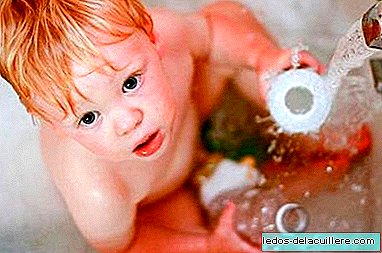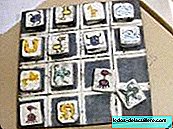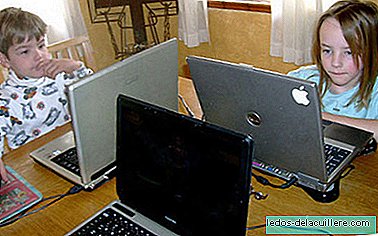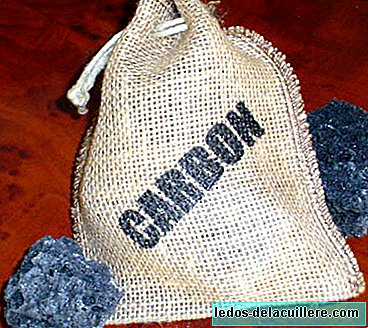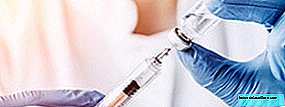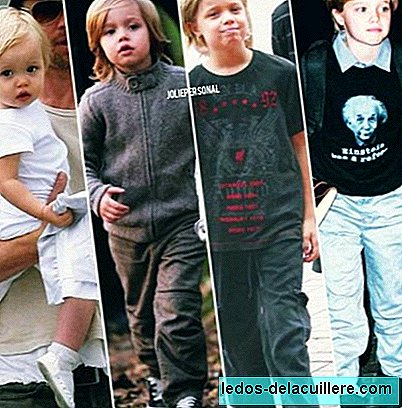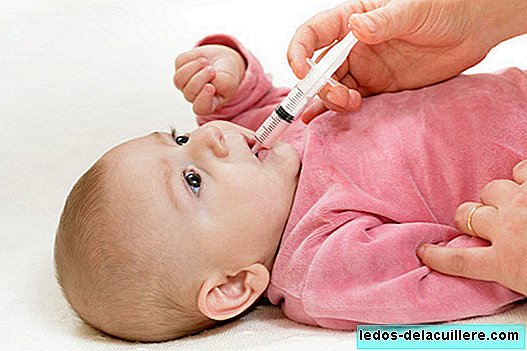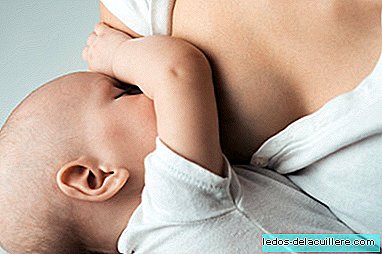
Breastfeeding has multiple benefits for mother and baby. It helps reduce infant colic, regulates the metabolism of the newborn and protects them from serious diseases such as asthma or necrotizing enterocolitis. In addition, it is key to the physical and neurological development of premature babies.
However, breastfeeding rates in many countries of the world do not reach what is recommended by WHO, and among them the United Kingdom. Therefore, the English Public Health Agency has promoted an initiative to finance those mothers who choose to breastfeed their children: An effective or far-fetched measure?
Pay mothers for breastfeeding
According to a study carried out by UNICEF in 2016 and published by the AEP Breastfeeding Committee, 77% of English mothers choose to breastfeed when they give birth, but only 12% continue breastfeeding at two months in some areas of the country, and less than 1% do so beyond five or six months of life of the baby.
These figures place the United Kingdom as one of the countries with the worst breastfeeding rate in the world, and this is something that worries the health authorities of the island.Breastfeeding is an excellent protective shield against multiple diseases. In fact, UNICEF has always highlighted the value of breast milk as one of the possible and most effective vaccines babies can receive as soon as they are born.
Not surprisingly, the United Kingdom carried out a study three years ago, which it published in the Archives of Disease in Childhood magazine, in which it quantified the savings that it would be for the English health system for children to feed themselves for longer with breast milk . And the figures were enlightening: the English National Health System could save up to 40 million pounds a year (more than 45 million euros) if it encouraged breastfeeding.

Aware of the seriousness of the situation, the United Kingdom has proposed to raise the rate of breastfeeding and the English public health agency has promoted a financing system for those mothers who choose to breastfeed their children. That is, whoever chooses breastfeeding will receive a check as an economic recommendation.
In the counties of South Yorkshire, Derbyshire and North Nottinghamshire, checks of 120 pounds (approximately 136 euros) have been offered to those who demonstrate that they have breastfed their babies at two days, ten days and six weeks of life. And for mothers who reach six months of breastfeeding, an extra check of 80 pounds (90 euros) is offered.
How is the measure working?
According to the newspaper El Confidencial, from the School of Public Health of the University of Sheffield they are satisfied with the measure since it is encouraging mothers to breastfeed, and the economic reward makes them not give up sooner than they would like.
In addition, many mothers who join their jobs and find it difficult to continue breastfeeding their children, say that this check is an extra motivation to keep trying.
The English Public Health Agency has indicated that applicants for this check have increased by up to 6% among the 10,000 new mothers who were eligible for this reward.On the other hand it has been calculated that thanks to this measure, the English public health system a minimum of 19 million euros is saved, being breast milk a protective shield against some diseases in the short and long term.
And if this measure were implemented in Spain?
According to the national health surveys that have been carried out in our country since 1995, breastfeeding rates at six weeks of the baby's life are around 71%, and in the last 15 years there has been a progressive increase in the figures at three months (33%) and six months of life (47%).
But only 28.5% of mothers opt for exclusive breastfeeding the first six months of life, a figure that although very similar to that of other European countries, is far from the recommendations of WHO.
Among the main obstacles that are the women of our country to breastfeed their children would be, mainly two:
- On the one hand, lack of help from health professionals When a problem arises. And although most insist and encourage mothers to opt for breastfeeding, few of them are really prepared to help with difficulties.

Luckily, many mothers have discovered the great work that breastfeeding groups and advisors do and manage to find in them the help they seek when doubts or problems arise.
- On the other hand, it makes no sense that WHO, UNICEF, the AEP and even the Ministry of Health recommend exclusively breastfeeding babies for six months, and offering women a maternity leave of only 16 weeks.

It is true that work and breastfeeding do not have to be incompatible. Many women struggle to continue breastfeeding their children beyond work leave and in Babies and More we have echoed great stories of overcoming and effort that have allowed prolonged breastfeeding when everything seemed to turn against.
But unfortunately, we still find companies that put a lot of obstacles on women to be able to pump their milk at work or benefit from their rights as nursing mothers, even though breastfeeding benefits companies by reducing absenteeism.
However, and after analyzing these two great difficulties that mothers often encounter during breastfeeding, I wonder: Would the situation change if they received a check for breastfeeding?
On the other hand, there are also those women who voluntarily and freely decide not to breastfeed their children: would their opinion be different if they were offered money for it?In my particular case, two of my three lactations ended when my children wanted but the first ended by a decision of mine. I felt runaway, without support and with a great lack of information and, at least for me, a money check would not have changed things.
And you, what opinion do you generate this measure of the English health authorities? Would your decision to breastfeed your babies - or do it for a longer time - have changed somewhat if you had received money for it?
IStock Photos
Via El Confidencial
In Babies and More Breastfeeding



